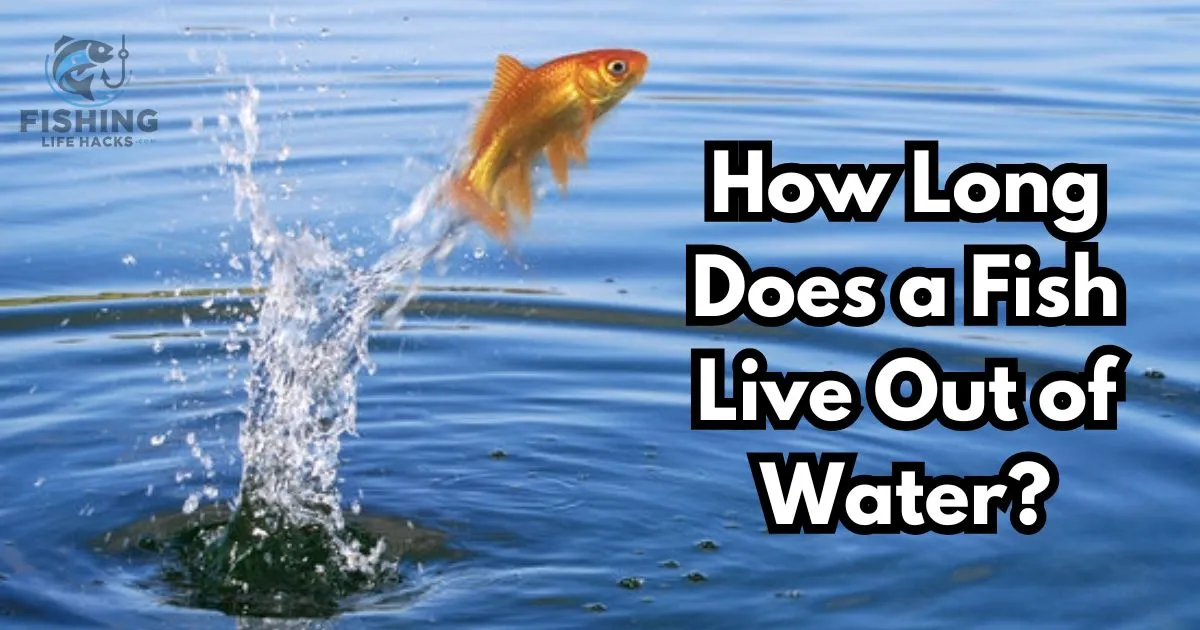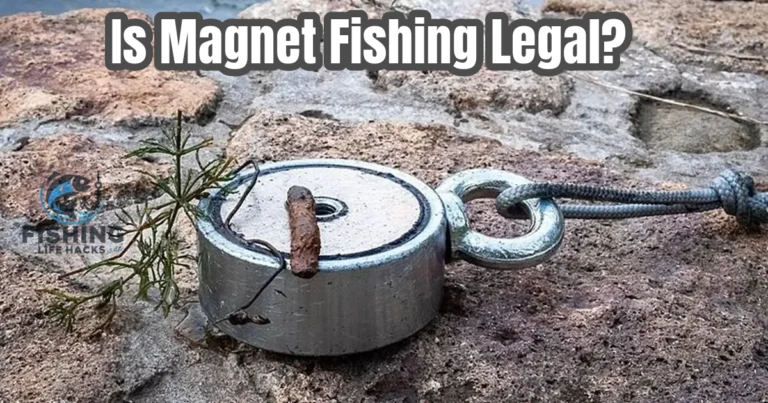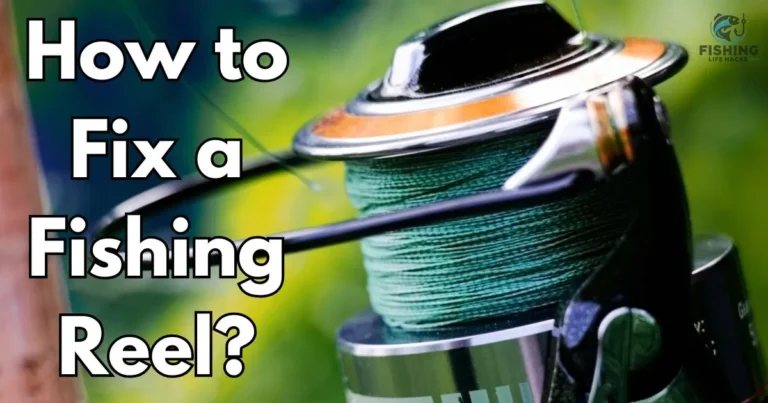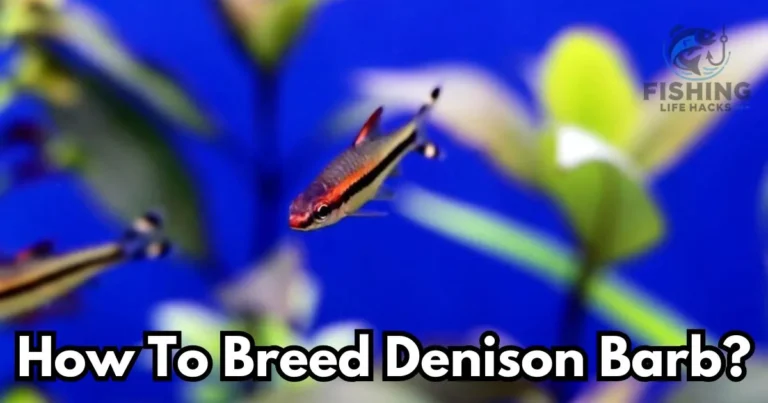How Long Does a Fish Live Out of Water? How It Survive

Fish are aquatic creatures designed to live and thrive in water, but their survival out of water depends on several factors, including species, size, environment, and adaptation. While some fish can survive for only a few minutes outside of water, others have evolved remarkable adaptations allowing them to endure for hours, days, or even months.
How Fish Breathe
Fish use gills to extract oxygen from water, making their respiration system very different from land animals. Gills are packed with tiny blood vessels that absorb dissolved oxygen in water and expel carbon dioxide. When a fish is out of water, its gills collapse because they cannot absorb oxygen directly from the air. As a result, most fish suffocate relatively quickly when removed from their aquatic environment.
Factors Affecting Fish Live Out of Water
Several factors influence how long a fish can live out of water, including:
- Species: Some fish species have specialized adaptations that allow them to survive longer without water.
- Humidity and Temperature: Fish tend to survive longer in cool, humid environments because these conditions slow down the drying of their gills and skin.
- Oxygen Needs: Larger fish often need more oxygen and tend to die faster out of water compared to smaller species that require less oxygen.
- Surface Type: Fish that land on absorbent surfaces (like dirt or fabric) tend to die faster as the surface draws moisture away from their gills, hastening suffocation.
Fish Species That Survive Longer Out of Water
1. Freshwater Fish
Most freshwater fish, including popular pet species like goldfish, neon tetras, and guppies, have fragile gills and can only survive out of water for 10 minutes to an hour, depending on environmental factors. Stress and panic may cause them to die even faster, sometimes within seconds. However, betta fish, thanks to their labyrinth organ, can survive up to two hours as long as their skin remains moist.
2. Amphibious Fish
Some fish have evolved to live partially on land, like the mudskipper and mangrove killifish. Mudskippers can breathe through their skin and gills, allowing them to survive up to two days on land if they remain moist. The mangrove killifish is even more impressive, capable of living on land for up to two months by absorbing oxygen through its skin.
3. Lungfish
The African lungfish is an extraordinary example of adaptation. This fish can bury itself in mud and hibernate for up to two years when its watery habitat dries up, breathing through its lungs instead of gills.
4. Walking Catfish
Known for its ability to “walk” on land using its pectoral fins, the walking catfish can survive for up to 18 hours out of water. This catfish uses a special labyrinth organ to extract oxygen from the air.
5. Eels and Climbing Perch
Eels, particularly those that migrate upriver to spawn, can absorb oxygen directly through their skin, enabling them to travel across land for short distances. Similarly, the climbing perch, found in India and China, can survive for up to 10 hours on land by breathing air.
How Long Do Fish Typically Live Out of Water?
On average, most fish can survive for about 10 minutes when removed from water. However, the survival window can be much shorter depending on the species, size, and conditions. Amphibious and brackish water fish, like the mudskipper and mangrove killifish, demonstrate much greater resilience, surviving hours or even days outside of water, whereas common aquarium species like neon tetras or guppies perish within minutes.
What Happens When a Fish is Out of Water?
When a fish is out of water, it attempts to “breathe” by expanding and collapsing its gills, but it cannot extract oxygen from the air. Without moisture, the gills dry up, making oxygen exchange impossible, and the fish eventually suffocates. The experience can be highly distressing for the fish, so minimizing the time they spend out of water is crucial to their well-being.
Frequently Asked Questions
Conclusion
The amount of time a fish can live out of water varies significantly depending on its species, environmental conditions, and biological adaptations. While many fish die within minutes, others, like amphibious fish, can survive for hours, days, or even months out of water. Understanding the survival limits of different fish species can help pet owners, fishers, and aquarists handle fish more safely and humanely.






